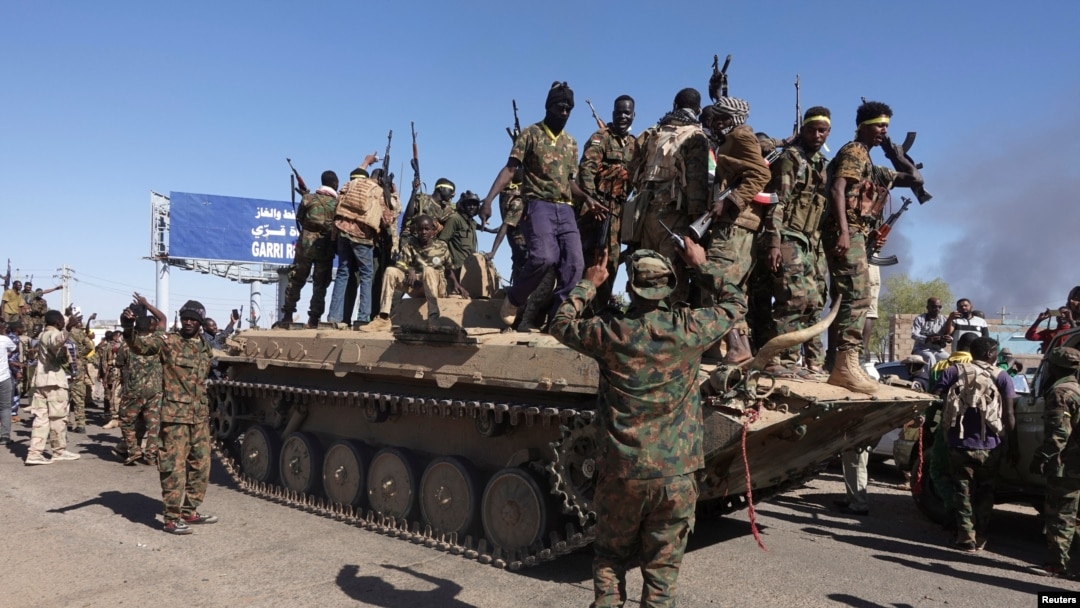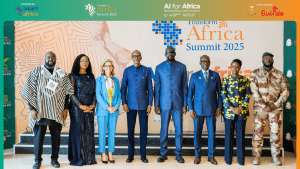Mediation efforts grow in Western Libya to prevent conflict

Fears that western Libya could slide back into conflict have heightened amid escalating militia activity in the region, according to The Arab Weekly plus agencies on September 1st.
Both national and international efforts to prevent the Tripoli-based government from relapsing into conflict have intensified, with the nation already grappling with instability.

Mediation efforts are underway to dissuade Prime Minister Abdul Hamid Dbeibah from taking steps that would escalate conflict in Tripoli.
President of the Libyan Presidential Council, Mohamed al-Menfi, also met members of the Joint Military Committee representing western Libya. According to his office, discussions primarily focused on de-escalation methods to reinforce stability and encourage political dialogue.
The United Nations Support Mission in Libya (UNSMIL) is a central tenet in these mediation processes, coordinating with the Presidential Council and supporting government institutions in their attempts to democratise Libya on a local level.
Furthermore, the Presidential Council’s security and military arrangements committee said it was monitoring recent deployments in Tripoli, emphasising its mandate to consolidate stability under the authority of the supreme commander of the Libyan army- Menfi himself.
However, this is a key source of tension in western Libya, with the stand-off between the Government of National Unity led by Dbeibah and the Special Deterrence Force (SDF), an armed group under the Presidential Council. An ally of the SDF, the Rada group of Abdulrauf Kara, controls key operational facilities in Tripoli, including Mitiga airport, which the government has demanded be handed over to state authorities.
There are serious doubts from the government about whether the SDF is truly committed to containing tensions, with the pervading uncertainty a potential trigger for decisive military action.
Whilst there are understandably grave concerns in Libya about potential forthcoming conflict, that concern has extended to international organisations too. UN facilities have witnessed attacks on their own buildings as a consequence of powerful militia groups and a continuously fragile security situation in Libya.
Libya’s weak institutions, largely due to limited governance progress and reform, continue to impede its progress towards a democratic and stable future.
The Arab Weekly plus agencies, Maghrebi.org
Want to chase the pulse of North Africa?
Subscribe to receive our FREE weekly PDF magazine














